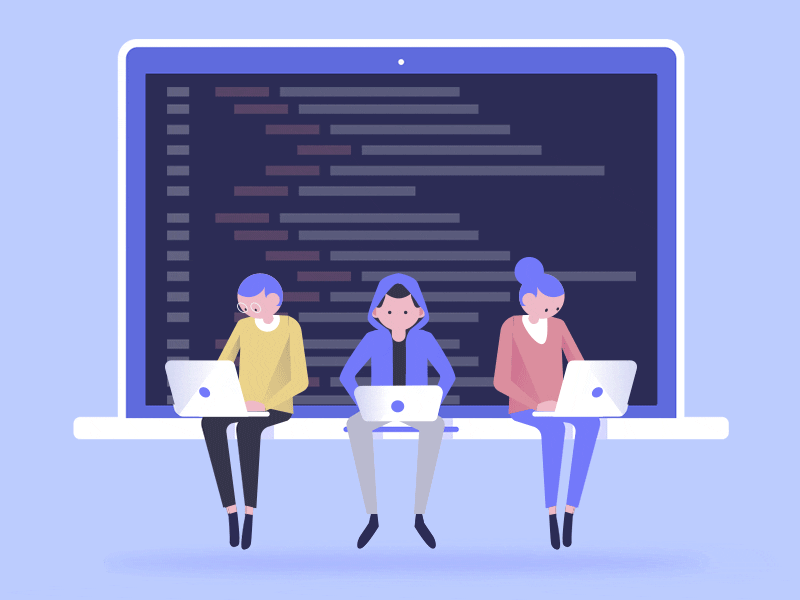The blockchain technology has been a real game-changer for businesses that rely on the use of sophisticated technology to operate. It is commonly known as the distributed ledger technology and became mainstream to the world after Bitcoin was introduced into the market. This marvelous technology that was at the core of Bitcoin eventually went on to find many other applications. Given the demand for the blockchain technology, it is also growing popular as a career option for technology professionals.
One can easily opt for a blockchain technology course online and obtain relevant knowledge and skills required to work in this domain. Let’s delve deeper into what this technology holds and also find about the start-ups that are leveraging this revolutionary technology into the Indian market.
Understanding the Blockchain Technology
At the very core of blockchain technology lays the principle of decentralization and transparency. It can be understood as a system of recording important financial data and transactions that have a decent economic value. The interesting thing about this record-keeping distributed ledger technology is that it makes it almost impossible to cheat the system and alter the information without giving up the identity. All the transactions are recorded using an immutable cryptographic signature termed as ‘Hash’.
The blockchain structure comprises of blocks that contain information about the transactions which are encrypted and time-stamped and these blocks are connected in a chain in such a way that tracing the transactions is far easier. Any edits in the blocks make it apparent for all the participants in that blockchain. The highly decentralized nature of this technology removes the need for any central middlemen and provides equal authority to all the participants. This makes it perfectly suitable for running digital currencies like Bitcoin.
Indian Startups in the Blockchain Arena
Now that we have understood what Blockchain technology entails let’s look at some of the most promising Indian startups in this sector.
- Matic Network: Matic Network originated from the tech-hub of India, Bangalore. It was co-founded by Jayant Kanani, Anurag Arjun and Sandeep Nailwal. The team of Matic network raised a sum of $5,600,000 through the public token sale in the year 2019. Matic Network intends to scale the Ethereum blockchain solution using an adapted model of Plasma protocol. It also aims to counter two major issues related to Etereum blockchain, the slow block confirmations and high transaction charges.
- Nuo: Nuo offers a new and easy platform to lend and borrow cryptocurrency. It was co-founded by Varun Deshpande, Siddarth Verma and Ratnesh Ray in the year 2018. Some of the exclusive features include smart contract, personalised loans, Meta Tx, instant trading. It has also started a new digital banking platform with the name Juno that leverages Ehtereum and uses the Nuo protocol to provide the neo banking services. It has also expanded its operations to Singapore in addition to its Mumbai office.
- CoinDCX: CoinDCX is based out of Mumbai and was started in the year 2018 by co-founders Sumit Gupta and Neeraj Khandelwal. CoinDCX intends to provide a single platform for a diverse range of crypto-based financial products and services. The proprietary aggregation model by CoinDCX provides the highest liquidity from the most prominent global crypto exchanges. It also has a credit facility called ‘Lend’ to help the users earn interest income on their cryptocurrencies.
- KoineArth: KoineArth was founded in the year 2017 by Dr Praphul Chandra, a professor at Insofe institute. It’s primarily involved in AI, blockchain and mechanism design. It helps its users to analyse blockchain-enabled interactions using a data pipeline and machine learning algorithms. marketsN by KoineArth is a cloud-based blockchain and AI product that also offers a collaboration platform. It helps businesses to obtain real-time data easily.
Conclusion
These were some of the leading Indian startups in the blockchain arena that is revolutionising the future of Indian blockchain industry. Opting for a blockchain course from reputed institutions like Imarticus Learning will help to boost your job prospects easily.








